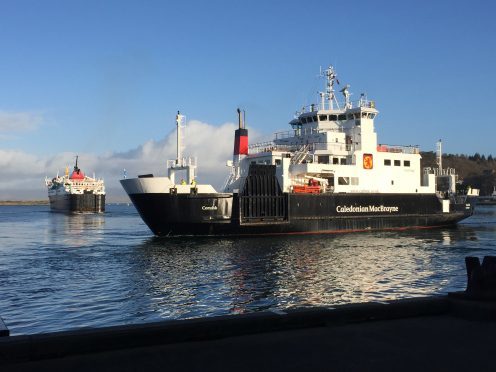A Highland politician believes changes to the ferry service between Mallaig and Armadale could be damaging for businesses on the mainland and on Skye.
And he is calling for an urgent meeting with the chief executive of CalMac to discuss the situation.
The CalMac operated service had its former ferry, MV Coruisk, removed and put on the Mull route.
It has been replaced by two smaller vessels and the Lord of the Isles during the down time from her regular Lochboisdale run.
Ross, Skye and Lochaber MP Ian Blackford, said he been contacted by a number of constituents, who were angry about the move.
He said: “We are not being well served by CalMac and they need to respond and fast as, in my opinion, the current situation risks doing substantial damage to businesses both on Skye and the mainland.”
He added that he had written to CalMac asking for a meeting with its chief executive and for the MV Coruisk to be re-instated.
Mr Blackford said: “The MV Coruisk was purpose-built for the route and, unlike the replacement vessels, could deal with most tidal and weather situations on the route.
“The current arrangements are not acceptable and we must see a response from the company that deals with the failures of the current operation.
“We cannot afford to sit back and see nothing happen.”
A CalMac spokesman said the new timetable was carrying more people and more vehicles to Skye on this route than ever before.
He said: “In the first two weeks of the summer season, we saw a 42 per cent increase in passengers on the Mallaig to Armadale route on this same two-week period in 2015 and a 53 per cent increase in vehicles.
“It is important to stress that demand on this route has been met 100 per cent this summer season so far, with no vehicles left behind due to capacity issues on operating vessels.”
He added that the company accepted that extreme spring tides had impacted on the Mallaig to Armadale service and said it was reviewing the timetables to see how this might be avoided in future.
He said: “CalMac appreciates that any changes to service can affect the communities we serve, and we are monitoring this particular service closely.”
